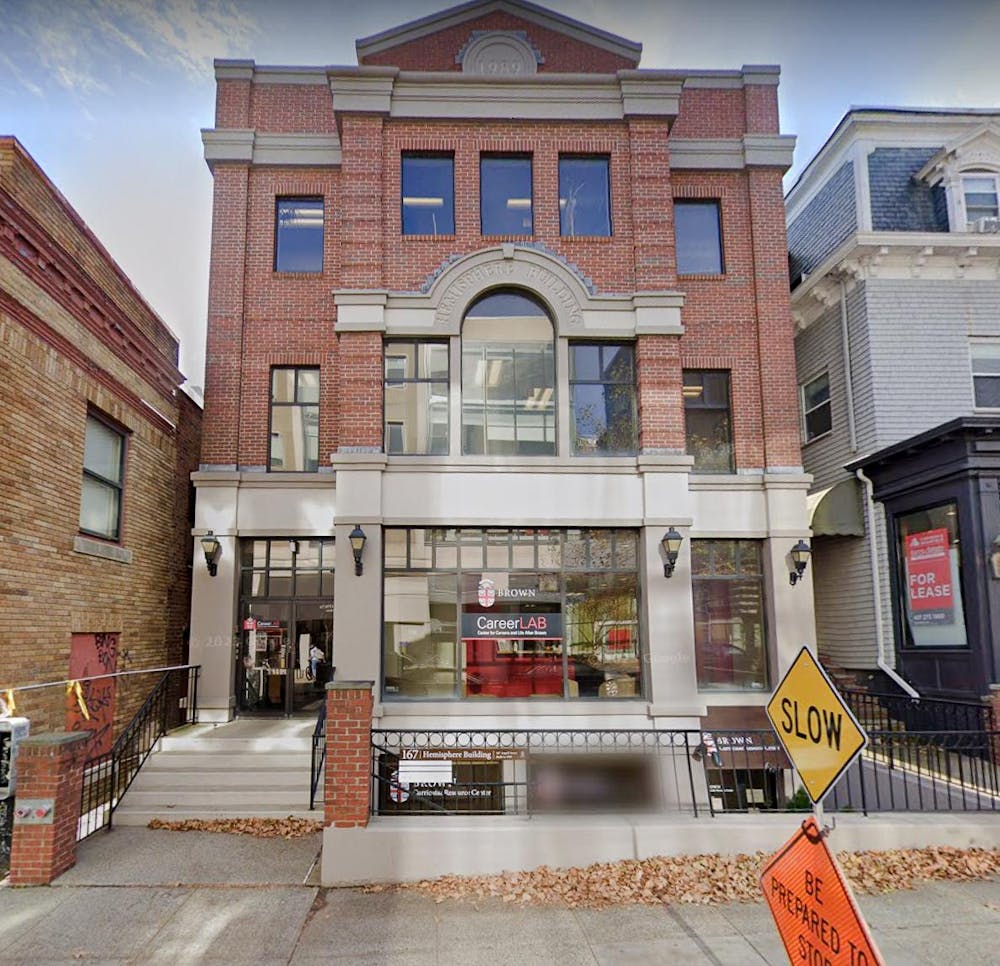The Curricular Resource Center hosted a workshop titled “How to Tackle Incompletes” to help students through the Incomplete grade process Tuesday evening. This workshop was the second in a fall series aiming to help students navigate various academic challenges.
If students are unable to complete coursework in time for the end of a semester, the University allows for a professor-student agreement that extends the allotted time for course completion, known as taking an Incomplete grade. This is indicated on student transcripts as “INC” until the course requirements are satisfied.
In the interactive workshop, Associate Dean of the College for Curricular Engagement and Director of the CRC Peggy Chang ’91 MA’13 and Gabriela Rivera ’23 GS discussed their experiences tackling incomplete coursework. Chang said that the goal of the session was to help students feel “less daunted by incomplete coursework” while helping them “craft plans and strategies.”
The University’s faculty rules state that incompletes for the first semester should be completed by “mid-semester” of the next semester; incompletes for the second semester should be completed “by the first day of classes of the following semester.”
Faculty can also inform the Registrar in writing that they have granted students extensions beyond those suggested time periods for up to a year.
“It is the professor's choice to put a time limit,” Chang said at the event. “Many professors want students to finish the class.”
Rivera discussed her experience as an undergraduate with incomplete coursework, offering tips on what worked for her. She recommended that students prioritize “intentional time management” throughout the semester, highlighting the importance of balancing current and past commitments.
“Planning for your current courses should be your number one priority,” she said.
Rivera highlighted the University resources available for students with academic challenges, including the CRC. She also stressed the importance of “setting up (accountability) meetings … to stay on track.” These meetings can be with friends, professors, academic coaches or other University support systems like the Writing Center, Rivera explained.
If a class is being offered again, Chang offered another strategy: “You can ask the professor if you can be added to the Canvas and sit in the class” to refresh your memory on course material.
She advised students who were consistently receiving incompletes to reach out and seek additional support, such as Student Accessibility Services. SAS “can help you communicate with professors that you need more time,” she added.
“About 5-8% of students fall behind academically,” Chang said. “It’s not unusual.”
The CRC’s sessions this semester range from crafting a weekly schedule to managing final and midterm examinations and are hosted by junior, senior and graduate student peer Academic Coaches, according to the CRC website.
Beyond facilitating workshops, peer Academic Coaches lead “Power Hours,” a new program that offers students a study hall-like space to complete assignments.

Ryan Doherty is the managing editor of digital content and vice president of The Herald's 135th editorial board. He is a junior from Carmel, NY who is concentrating in chemistry and economics. He previously served as a university news and science & research editor, covering faculty and higher education.





